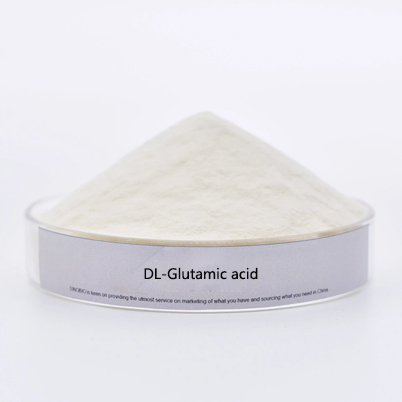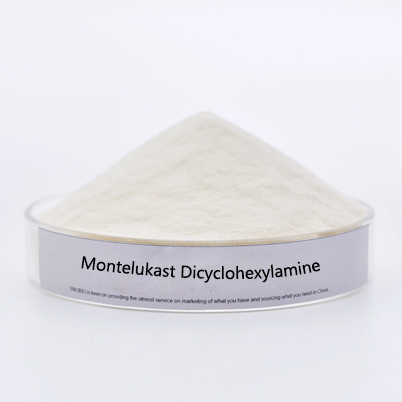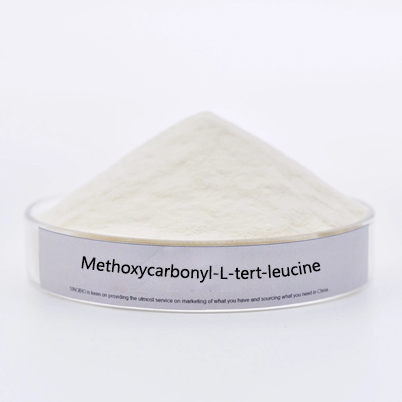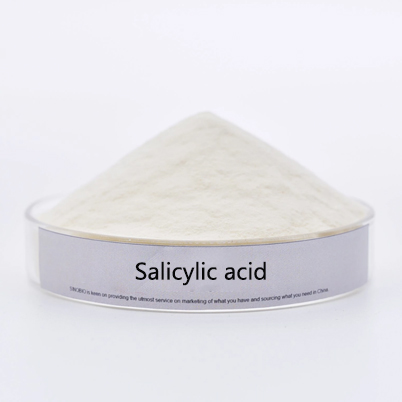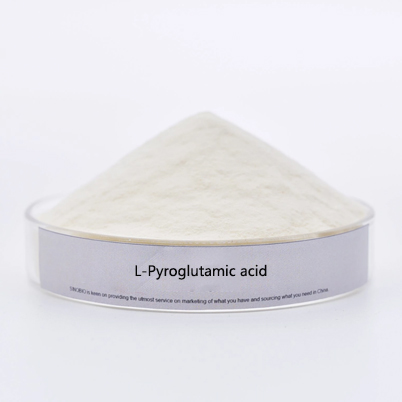- E-mail : info_medicalmarketing@jindunmedical.com
- Phone : +86 21 64057580
- Address : Shanghai China
Do you know the effects of soy lecithin?
Soybean phospholipids are products extracted from the oil feet used to produce soybean oil, and are esters composed of glycerol, fatty acids, choline or cholamine, which are soluble in oils and non-polar solvents. The composition of soy phospholipids is complex, containing mainly lecithin (about 34.2%), brain phospholipids (about 19.7%), inositol phospholipids (about 16.0%), phosphatidylserine (about 15.8%), phosphatidic acid (about 3.6%) and other phospholipids (about 10.7%). It is a light yellow to brown viscous liquid or a white to light brown solid powder.
Health Benefits of Soy Lecithin
Soy lecithin is known as the "third nutrient" along with protein and vitamins. However, few people really know about soy lecithin, and it is only an "expensive food" enjoyed by a few people in China. But in developed countries, lecithin has become a very popular nutritional food. It is said that Americans even use lecithin in cooking rice, and the rice produced is full of grains, crystal clear and fragrant. So, what are the health functions of lecithin?
Protector of the liver
The choline in phospholipids has an affinity for fat. If there is not enough choline in the body, it will affect fat metabolism and cause fat to accumulate in the liver, forming a fatty liver or even inflammation and swelling. Lecithin can not only prevent fatty liver, but also promote liver cell regeneration. At the same time, phospholipids can reduce serum cholesterol levels, prevent cirrhosis and help restore liver function.
Vascular "scavenger"
Lecithin has the function of emulsifying and decomposing fats and oils, which can improve blood circulation, improve serum lipids, remove peroxides, reduce cholesterol and neutral fat content in blood, reduce the retention time of fats in the inner wall of blood vessels, promote the dissipation of atherosclerotic plaques, and prevent damage to the inner membrane of blood vessels caused by cholesterol. Taking lecithin has significant effects on high blood lipids and high cholesterol, thus preventing and treating atherosclerosis.
Prevents the onset of Alzheimer's disease
As people age, their memory decreases, and the reason for this is related to insufficient acetylcholine. Acetylcholine is a compound necessary for the transmission of information in the nervous system, and the human brain can take phospholipids and choline directly from the blood, which are quickly converted into acetylcholine. Long-term supplementation of lecithin can slow down the process of memory loss and prevent or delay the onset of Alzheimer's disease.
Effective in resolving gallstones
Excess cholesterol in the body can precipitate, thus forming gallstones, which are 90% composed of cholesterol. The main component of bile is lecithin, in addition to water, cholesterol, minerals and pigments, etc. Lecithin can break down, digest and absorb the excess cholesterol, thus keeping the cholesterol in bile in liquid form. If a certain amount of lecithin is consumed every day, it can effectively prevent the formation of gallstones and dissolve those that have already formed.
-
date
2022-12-08
-
location
Shanghai, China






































